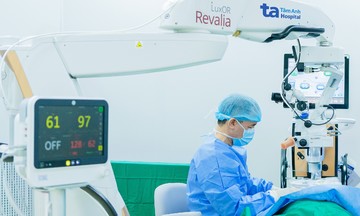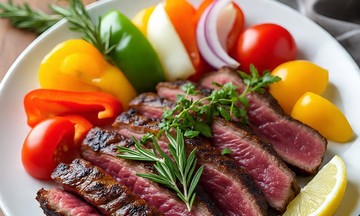Faster caffeine absorption
Drinking coffee on an empty stomach leads to faster caffeine absorption. Caffeine, a natural stimulant, can cause anxiety or restlessness. Consuming coffee after eating slows down the absorption process, reducing the risk of experiencing these side effects.
It's recommended to limit caffeine intake to 400 milligrams per day (equivalent to 4-5 cups of coffee). Exceeding this limit can result in a rapid heartbeat, headaches, increased blood pressure, and anxiety. Since caffeine's effects can last up to 7 hours in adults, avoid drinking it on an empty stomach or close to bedtime.
Digestive issues
Coffee is acidic, and drinking it on an empty stomach can increase acid production. Excess acid irritates the stomach lining, leading to heartburn. Caffeine also relaxes the lower esophageal sphincter, increasing the risk of acid reflux.
Individuals with a history of heartburn, gastroesophageal reflux disease (GERD), or irritable bowel syndrome (IBS) should be cautious about consuming coffee on an empty stomach. If digestive problems occur, try having a small snack or meal beforehand. Eating can help prevent excess stomach acid production.
Hormonal changes
Drinking coffee before eating can also cause hormonal changes. Caffeine stimulates the release of cortisol, the stress hormone. Cortisol regulates metabolism and blood pressure. Elevated cortisol levels can increase the risk of anxiety, irritability, and sleep problems. Over time, consistently high cortisol levels can contribute to heart disease and osteoporosis.
Coffee can be a healthy beverage when consumed correctly. Drinking it late in the day can cause insomnia, while drinking it on an empty stomach can lead to several adverse effects. Having coffee after breakfast (around 9 a.m.) is a good way to boost energy and focus. To avoid sleep disruption, it's best to have your last coffee at least 8 hours before bedtime.
Black coffee is a healthy choice due to its low calorie content and lack of added sugar or fat. It's rich in antioxidants without the extra calories. While sugar can lessen coffee's bitterness, excessive amounts are detrimental to overall health. If you prefer coffee with milk, opt for low-fat or plant-based milk with minimal sugar. Consider healthy sugar substitutes like herbs to reduce calorie intake.
Le Nguyen (According to Very Well Health)
| Readers can submit nutrition-related questions here for expert answers. |












